This week I wanted to tell you about my amazing dad.
He hasn’t died or anything. I just thought I’d get in there with my panegyric quick while he’s still got most of his marbles and before he’s lying in a coffin quite deaf to all the nice stuff I’m about to say about him.
So: my dad. What prompted this was a chance remark he made the other day about having left school at 15. Fifteen? ‘Well I wasn’t enjoying it,’ he explained. ‘And Dad said he couldn’t afford the fees. So it made much more sense for me to come and work for the family firm as a lathe operator. I loved it. It gave me independence and I was earning money.’
Now if you were to meet my Dad, you wouldn’t guess his education was so basic. He’s uber well-informed on all sorts of subjects from contemporary China to the Battle of the Bulge to ancient Greece, and at 79 he must be one of the most dedicated silver surfers out there: spending as much as 15 hours a day trawling the internet, mainly for stories about one of our shared obsessions, environmental lunacy. If you had to hazard what he did for a living, you’d probably guess retired professor, rather than Midlands nut-and-bolt manufacturer. And that, for me, is both my dad’s tragedy and his triumph.
For most of our shared life, I didn’t give much thought to this. You know how it is with dads: at about 13, you move on from your adoring, hero-worship phase into thinking he’s a total loser embarrassment prat and please God let you never become like him; then later comes the resigned acceptance stage when you take your dad for granted, expecting him to remember the kids’ birthdays and help out in emergencies and be there on the phone for you when your life is falling apart.
But what you rarely ever do till much later is look at your dad as a person in his own right. You assume, by the time he’s hit 40, that his useful work is done. He probably doesn’t still have a sex life — at least, euugh, you hope he doesn’t — and the best of his career is behind him. His job, from now on, is to put you through university and to make sure there’s enough left in the kitty to give his grandchildren a reasonable inheritance.
Then you hit middle age yourself and — with your own kids viewing you rather as you used to view your dad — you begin to reassess the situation: ‘Hang on. I’m not dead yet and I’ve probably got a good four decades ahead of me. How do I deal with this? Is it going to be OK?’ So you look to your dad’s life for guidance.
In my more callous, selfish youth this is the very last thing I would have done. All I could see in my dad was pitfalls to be avoided. I wished he could have been a better businessman because then I would have had a valuable company to inherit. Also, I would have preferred him to be a bit grander and more exciting. For example, during his time in the military, I would have liked him to have fought in Korea and maybe won an MC leading his platoon at the Imjin River. But in real life, he wasn’t even an officer: just an NCO in the RAF based in Hong Kong, where his job was to sit on top of a mountain eavesdropping on Chinese fighter pilots.
What I didn’t appreciate then, as I do now, is that you can only play with the cards you’ve been dealt. As an unqualified early school-leaver, my dad was never going to be an officer. Which is what makes what he did achieve — being selected by the RAF as a translator and sent on a crash course at Soas to learn Russian and Mandarin — so remarkable. Somehow, his intelligence must have shone through and afforded him the brief taste of academe that family circumstances had threatened to deny him.
If my dad could have his life all over again, I’m sure what he would have done is become an academic. Or failing that, he would have stayed in the RAF and become a senior intelligence officer, probably rounding off his career as a boffin in some secret MoD offshoot like maybe the old Royal Signals and Radar Establishment in Malvern. Definitely not be a Midlands nut-and-bolt manufacturer.
I know this because of what he has chosen to do now that his time is his own. When he’s not on the internet or going on long country walks (I’ve been watching him carefully for signs of decrepitude: none yet, which augurs well for my genetic inheritance…), he’s organising military-themed holiday tours with expert guest lectures or giving illustrated talks himself on divers subjects (the Elgin Marbles; China along the Silk Road; the Fall of Constantinople…) for packed, enthusiastic audiences at the U3A.
And he’s happy. Really happy. Probably happier, more optimistic, more fulfilled than he has been at any time of his life, despite the odd creaking knee and brief bout of skin cancer and the fact that he lives in a tiny bedsit not much bigger than the cages where we used to keep our family iguanas. It’s not like when he had money he ever much appreciated it: he was too busy being depressed and staving off suicide with lithium.
The pride dads feel in their sons is rarely returned until it’s too late. So before it is, I’d like to say how proud I am of my dad. From his example I have learned maybe the most important lesson any father can teach his son: that life isn’t about the random strokes that fortune deals you, but about learning to make the best of what you’ve got.
Got something to add? Join the discussion and comment below.
Get 10 issues for just $10
Subscribe to The Spectator Australia today for the next 10 magazine issues, plus full online access, for just $10.


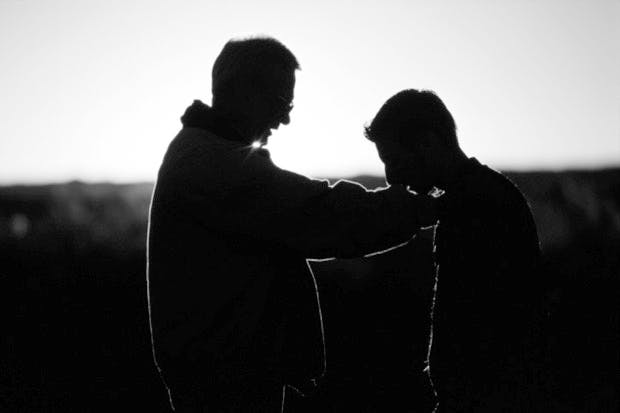
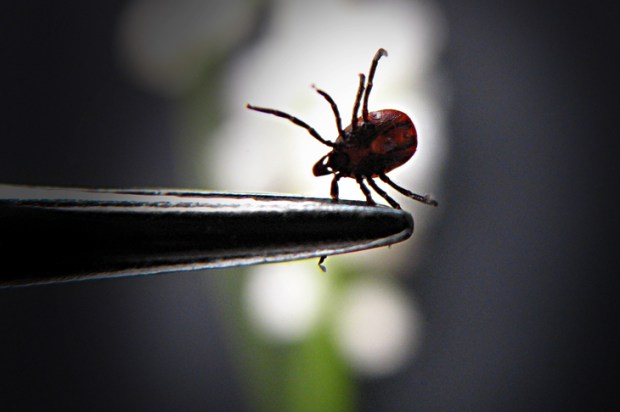
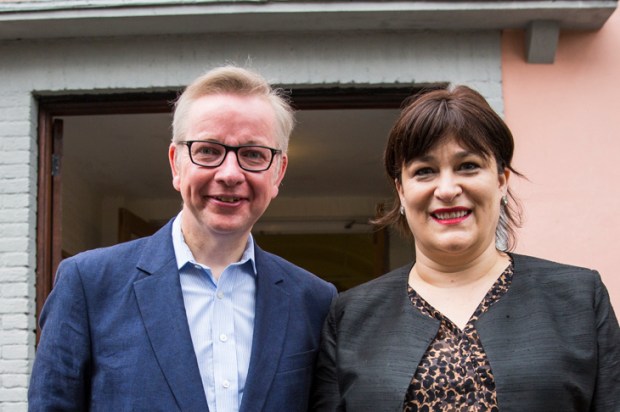
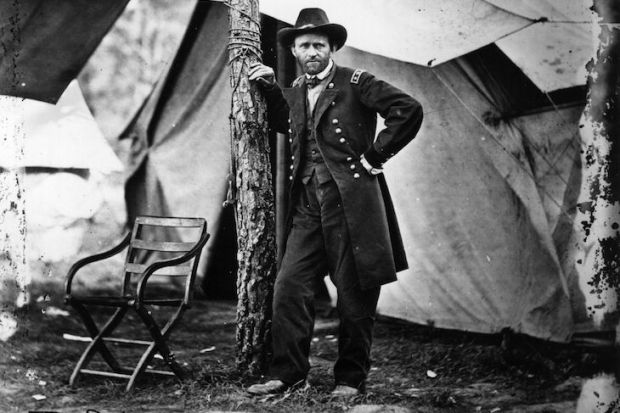
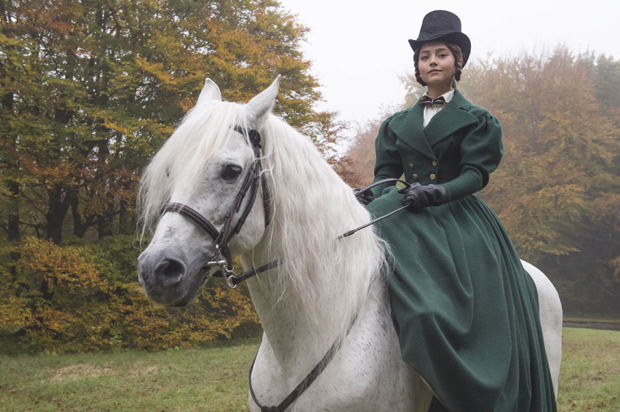
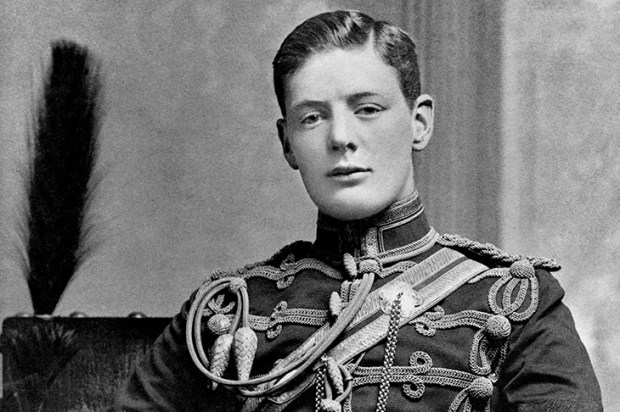







Comments
Don't miss out
Join the conversation with other Spectator Australia readers. Subscribe to leave a comment.
SUBSCRIBEAlready a subscriber? Log in